Funding needed to drive innovation and make therapies available to all, says co-discoverer Jennifer Doudna.
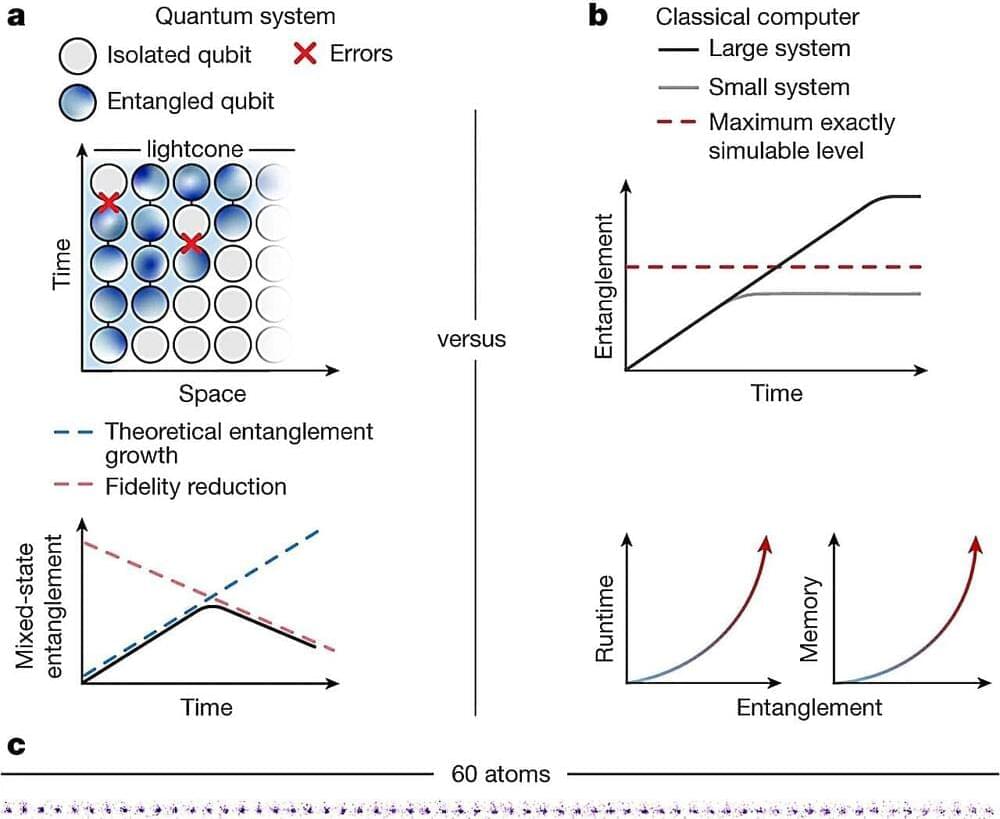


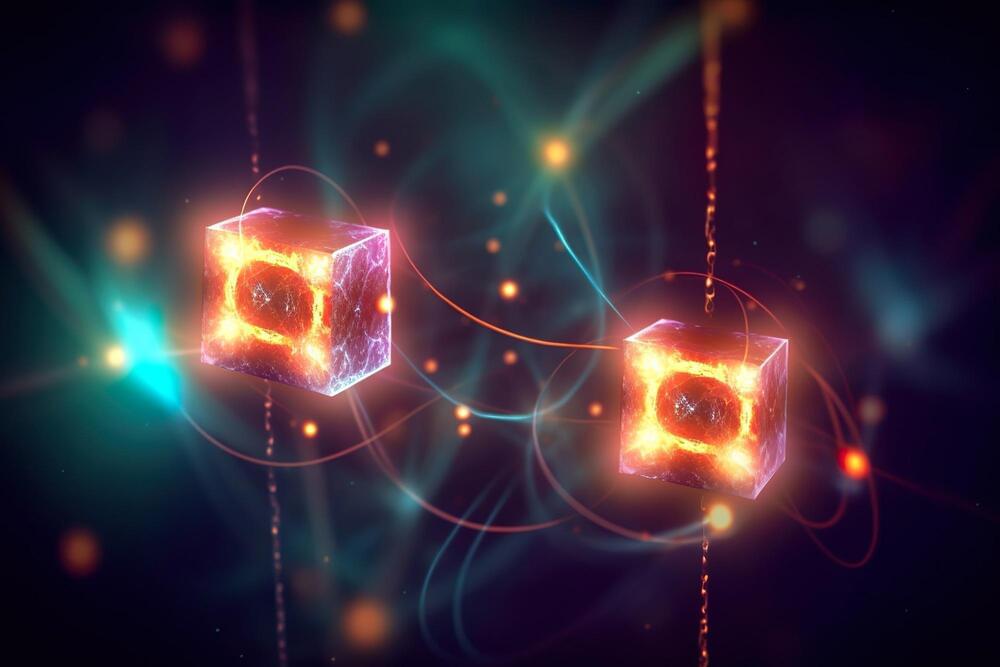
Significant advancements have been made in quantum computing, with major international companies like Google and IBM now providing quantum computing services via the cloud. Nevertheless, quantum computers are not yet capable of addressing issues that arise when conventional computers hit their performance ceilings. This limitation is primarily the availability of qubits or quantum bits, i.e., the basic units of quantum information, is still insufficient.
One of the reasons for this is that bare qubits are not of immediate use for running a quantum algorithm. While the binary bits of customary computers store information in the form of fixed values of either 0 or 1, qubits can represent 0 and 1 at one and the same time, bringing probability as to their value into play. This is known as quantum superposition.
This makes them very susceptible to external influences, which means that the information they store can readily be lost. In order to ensure that quantum computers supply reliable results, it is necessary to generate a genuine entanglement to join together several physical qubits to form a logical qubit. Should one of these physical qubits fail, the other qubits will retain the information. However, one of the main difficulties preventing the development of functional quantum computers is the large number of physical qubits required.

The human brain, it turns out, can be surprisingly resistant to the ravages of time.
A new study has cataloged human brains that have been found on the archaeological record around the world and discovered that this remarkable organ resists decomposition far more than we thought – even when the rest of the body’s soft tissues have completely melted away.
Led by molecular taphonomist Alexandra Morton-Hayward of the University of Oxford, a team of scientists has identified more than 4,400 preserved human brains, dating back as far as 12,000 years ago. The results contradict previous evidence that the human brain is among the first organs to decay after death.
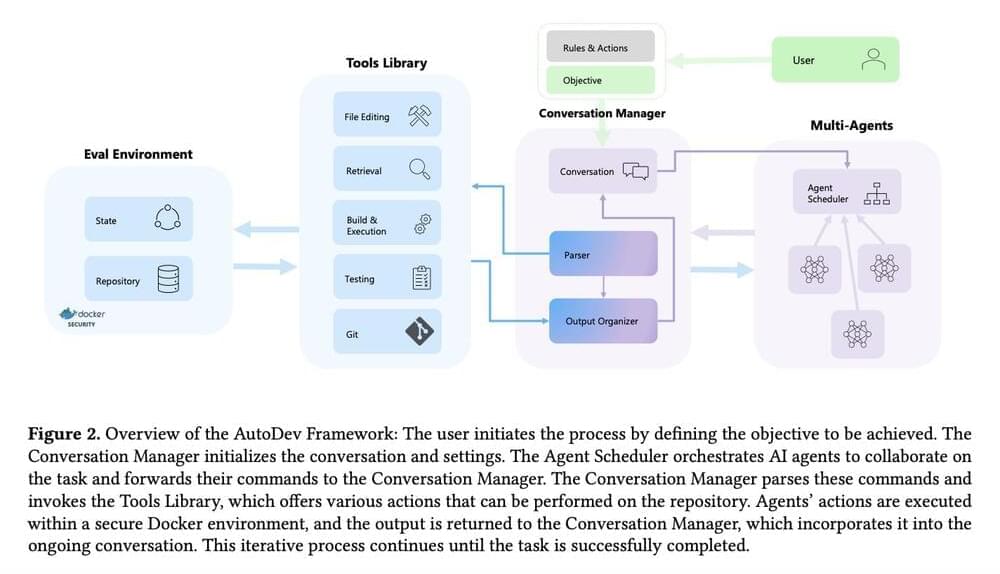
The software development sector stands at the dawn of a transformation powered by artificial intelligence (AI), where AI agents perform development tasks. This transformation is not just about incremental enhancements but a radical reimagining of how software engineering tasks are approached, executed, and delivered. Central to this shift is introducing AI-driven frameworks that transcend traditional code assistance tools, marking a leap toward more autonomous, efficient, and secure software development methodologies.
The integration of AI in software development has been confined largely to providing code suggestions and aiding in file manipulation. This approach, while beneficial, barely scratches the surface of what is technologically feasible. AI-powered tools operate within a constrained scope, missing out on Integrated Development Environments (IDEs)’ vast capabilities, such as comprehensive code building, testing, and version control operations. This limitation underscores a critical gap in the software development toolkit, where the potential for AI to contribute more profoundly to the development lifecycle remains largely untapped.
Microsoft researchers present AutoDev, which empowers AI agents to tackle a broad spectrum of software engineering tasks autonomously, from intricate code editing and comprehensive testing to advanced git operations. This framework is designed to focus on autonomy, efficiency, and security. By housing operations within Docker containers, AutoDev ensures that development processes are streamlined and secure, safeguarding user privacy and project integrity through meticulously designed guardrails.
In this episode, Peter and Will dive into satellite technology, what it takes to create a company like Planet, and its effect on ecosystems across the world.
Will Marshall, Chairman, Co-Founder, and CEO of Planet, transitioned from a scientist at NASA to an entrepreneur, leading the company from its inception in a garage to a public entity with over 800 staff. With a background in physics and extensive experience in space technology, he has been instrumental in steering Planet towards its mission of propelling humanity towards sustainability and security, as outlined in its Public Benefit Corporation charter. Recognized for his contributions to the field, Marshall serves on the board of the Open Lunar Foundation and was honored as a Young Global Leader by the World Economic Forum.
Learn more about Planet: https://www.planet.com/
———-
This episode is supported by exceptional companies:
Get started with Fountain Life and become the CEO of your health: https://fountainlife.com/peter/

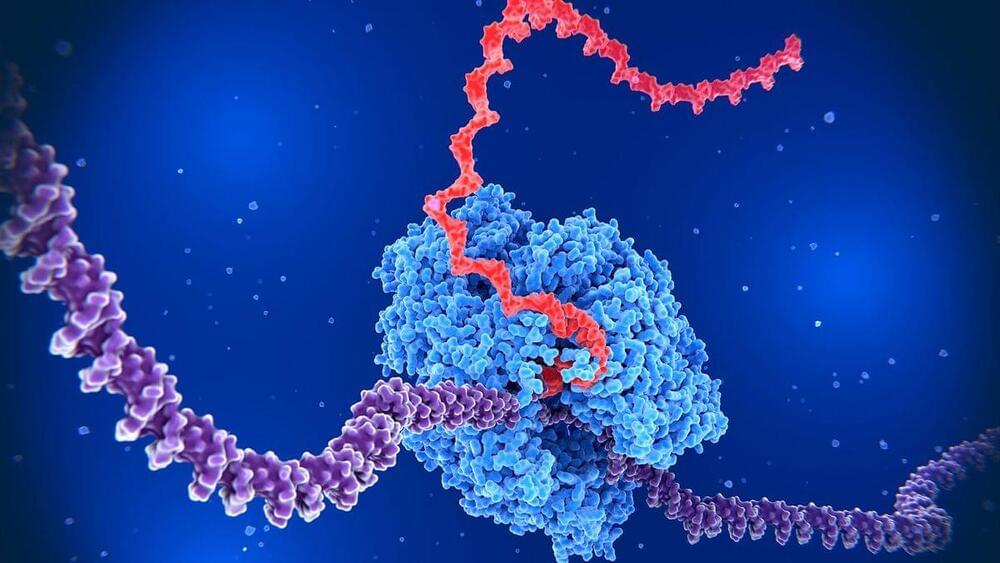

Utilizing high-resolution three-dimensional radiation hydrodynamics simulations and a detailed supernova physics model run on supercomputers, a research team led by Dr. Ke-Jung Chen from the Institute of Astronomy and Astrophysics, Academia Sinica (ASIAA) has revealed that the physical properties of the first galaxies are critically determined by the masses of the first stars. Their study is published in The Astrophysical Journal.
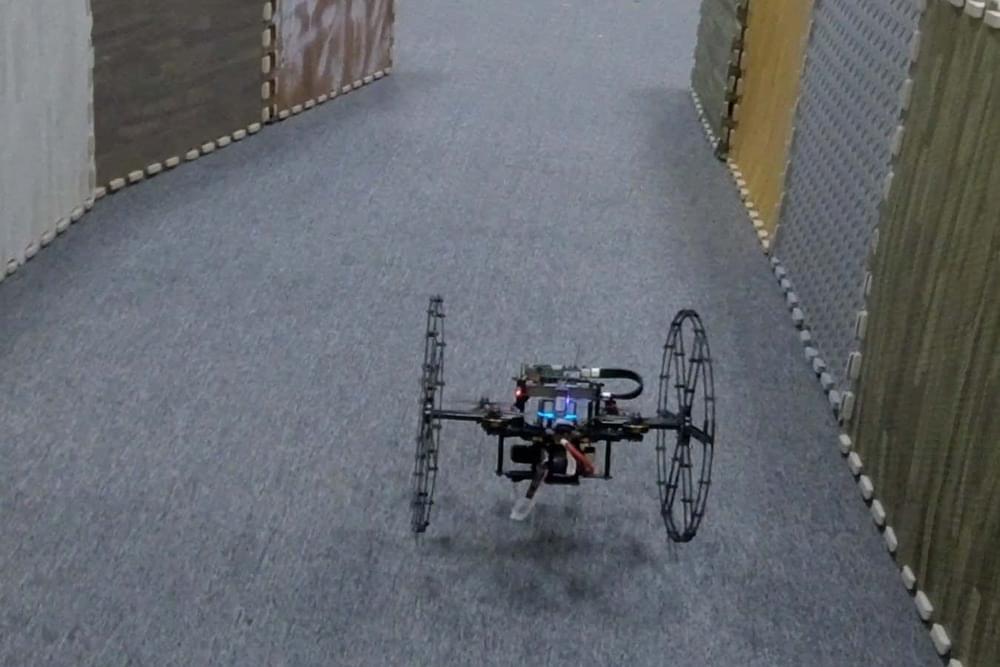
Researchers claim to have combined the benefits of rolling robots with those of flying drones by creating a device that rotates along the ground but hops over obstacles.